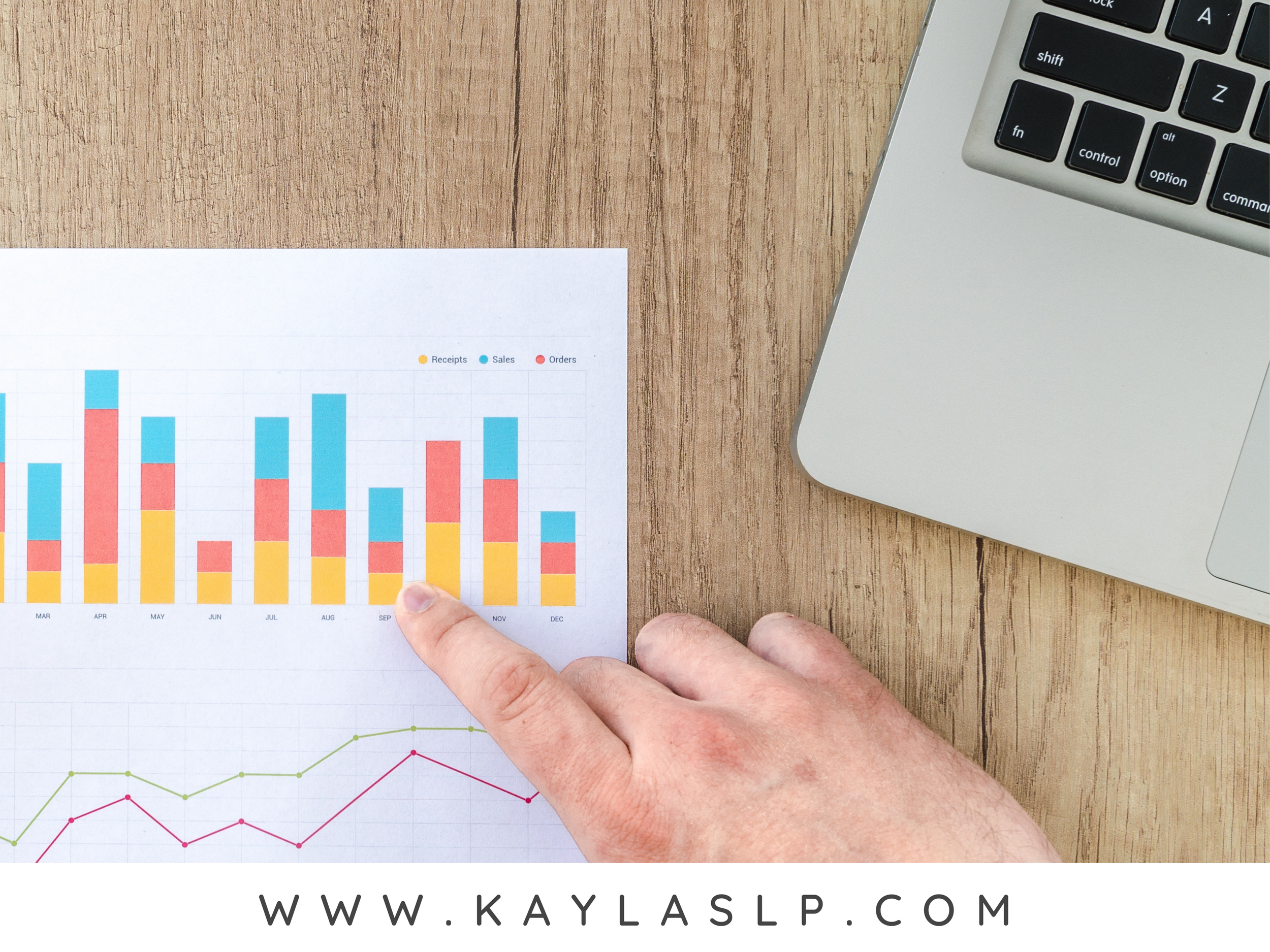Why Should SLPs Use Therapy Plans? + Resources!
SLPs are not teachers, but they can write lesson plans tailored to their students' goals. Lesson plans ensure that each student's goals are addressed and prevent last-minute scrambling. Lesson plans can be simple memos or detailed themes. Taking a few minutes to plan student-centered lessons leads to productive sessions and avoids wasted time. Planning allows for preparedness and ensures that no goals are overlooked. Examining student information and creating short lesson plans guide therapy and keep everyone on track.
App Review: Go Sequencing by Smarty Ears
Go Sequencing by Smarty Ears is a versatile, leveled app, perfect for group therapy and individual student needs. It offers visual, text, and audio supports for 3 to 6 step sequencing. The optional video feature helps students understand the sequence before transitioning to pictures/text. The app provides automatic reinforcement and data collection with gold and brown stars. Customization options, progress monitoring, and the ability to add personal sequences make it even more beneficial. The app syncs with Therapy Report Center for streamlined data management. With functional activities and simplified data collection, Go Sequencing is a powerful tool for SLPs.
Why I Dumped The Treasure Box
I made the decision to ditch the treasure box and replace it with something more meaningful for my students. I introduced a sensory box filled with beans instead. The treasure box goodies quickly lost their appeal, and I realized I needed a better reward system. That's when I discovered these amazing reward cards on Teachers Pay Teachers. They're customizable, cost-effective, and the students absolutely love them. Now, when students earn their punch cards, they can choose a reward card that offers free activities like sitting in the teacher's chair or having iPad time. It's a win-win for everyone, and I couldn't be happier with the switch.
SLPs and Data Collection
Data collection can be a challenge, but I've found a few methods that work well for me. Speech folders with individual data sheets keep goals organized and easily accessible. I've also used data tracking apps like Super Duper Data Tracker Pro, but the distracting sounds led me back to good old pencil and paper. I created an editable PowerPoint document that allows me to copy and paste student goals, eliminating repetitive writing. This system saves time and keeps everything organized for progress reports.
What's the Deal With Critical Vocabulary?
Vocabulary is crucial for student success, and integrating critical terms into therapy sessions can help at-risk students overcome vocabulary barriers in tests. Use formative assessments and teachable moments to introduce and reinforce critical vocabulary. Reflective booklets and incorporating writing into sessions can further enhance student engagement and progress.
What to Expect When You're A First Year School SLP
The first year as an SLP can be challenging, with requirements like completing a clinical fellowship year (CFY) and potentially a teacher internship program. Observation and evaluation will be frequent, but use them as opportunities for growth. Building up your supplies and organizing your therapy space is crucial. Providing therapy is the rewarding part, where you'll create schedules, collaborate, evaluate, and be loved by the students. It may feel overwhelming, but remember that it gets easier after the first year.
Using Baby Wipes in Play-Based Speech-Language Therapy
Sometimes, when kids are feeling unmotivated or restless during speech therapy, it's important to get creative. Taking inspiration from a trick used at a daycare, I introduced baby wipes as a fun and attention-grabbing tool. The kids loved "cleaning" the play food with the wipes, which not only kept them engaged but also targeted various language and speech goals. The smiles on their faces and the success of the activity made it all worthwhile, plus the added perk of shiny and new-looking play food.








